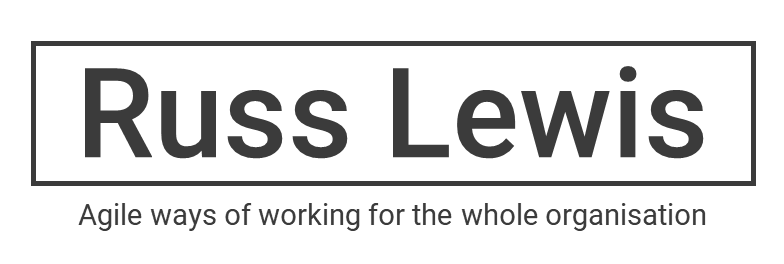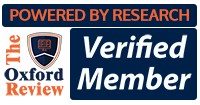'Managing Tensions not People' as transformation method research update at the end of 2023
This time last year I was searching through the ambidexterity literature for tensions other than the usual explore-exploit. I built a website to publish my progress online, which I think was a diversion!
Literature research update
I found more than 70 tensions, which I classified into six basic groups. I proposed a way of managing or resolving each base tension. I'm doing a doctorate, so drawing from professional experience is as relevant as literature. Besides, thinking about how people would manage each tension in the real world helped me refine the base groups as I described them.
The six base tensions are considered a contribution to the literature and are featured in my chapter describing the literature landscape. Three revisions later, I have distilled my literature chapter from 70 to 20 thousand words. 'Distilled' doesn't do justice to the pain of removing the prose I had so painstakingly crafted. Imagine cutting a short paragraph that had taken an entire day to write - I can be a very slow writer. Nonetheless, these tension groups set the scene for the empirical part of my research, in which I asked managers to describe the tensions they noticed and how they resolved them.
Empirical research update
I've now completed 26 conversations with consenting participants. Getting formal (signed) consent is harder than you might think, particularly because I do not mix my research with my professional work. I meet plenty of managers at events and most are happy to talk about their experiences with tensions to help my research, but not everyone wants to sign the consent form. Some studies suggest managers have a preference for verbal over written information, so there's a research project for anyone interested in understanding why this is.
Although I've described two distinct phases of research, as if it were a waterfall methodology, that's not how I worked. Grounded research of this type is done iteratively. I conducted my first conversation quite early in the literature search stage, so had already captured a couple of tensions that were unknown in the ambidexterity literature. Those were capabilities of mainframe tech versus microservices, and project approval versus release of project funds. Not only were these absent from the literature, they came from a participant who did not fit my selection criteria. Of course, I immediately ditched those selection criteria and spoke to everyone interested in speaking to me. This is how iterative (and incremental) development produces agility, it helps you reconsider your plans and make improvements whenever the opportunity arises.
Emerging findings
I've now done my analysis of 14 of the 26 conversations. That's 12 more to go as of the last day of 2023 and I can manage no more than one or two a day. Analysis of conversations is more cognitively challenging than scraping a transcript for phrases or summarising the facts, although those may be required as well. I can't describe the actual mechanism of abductive reasoning (not even Prof Eisenhardt can do that) but it is a result of getting deeply familiar with each conversation, abstracting it, then noticing which constructs fit with other conversations.
Something that recently emerged is that I was able to categorise constructs as either a priori (from the literature or experience), contributors to WHY transformation is now needed, self-realisations that occur during transformation and, HOW managers that are resolving tensions are transforming organisations. So far, I have 8 a priori constructs, 18 constructs that create problems, 7 self-awareness constructs, and, most importantly for this project, 16 constructs for resolving tensions.
Recall that I had identified 6 base tensions. They are explore-exploit; variation-routine; agility-steadfastness; intention-execution; illusion-reality; and exploitation-preservation. All the tensions arising from conversations I have analysed so far, fit into one of those groups. That is nice because it supports my findings, but nothing more.
Themes
Of the ways of resolving tensions, three themes emerged from my analysis of the conversations.
1. Some activities fit into the mainstream role of the manager (according to systems thinking and organisational design principles).
2. There are minor structural (or policy) changes that could enable transformation at scale.
3. Certain (mostly social) factors seem to have become more significant in the digital age.
Writing this report raises some interesting questions for me to consider once I've completed this pass. For instance, who resolves tensions? Is it managers resolving them for the organisation, for those who report to them, or merely for themselves? Also, I have not noticed any evidence that my suggested ways of resolving each tension were being used, were they?
Research updates
If you would like to be updated about this research, please click my LinkedIn Follow button.
If you want to take part in the research as an anonymous participant, and you have experience working in an organisation undergoing a strategic transformation (digital, agile, etc.) please message me for the consent form and calendar booking link.
Happy 2024 everyone.
Photo by Google DeepMind







